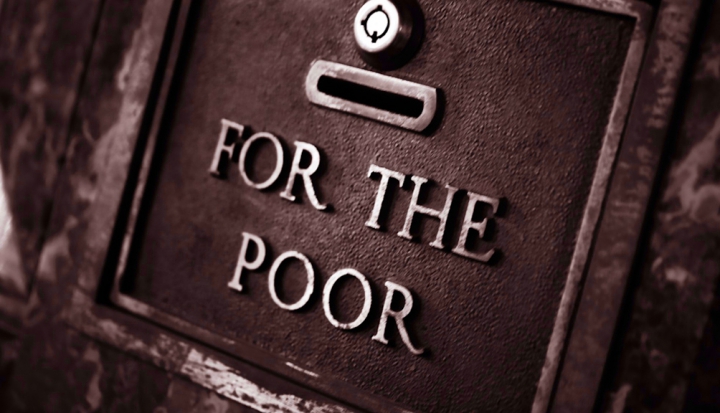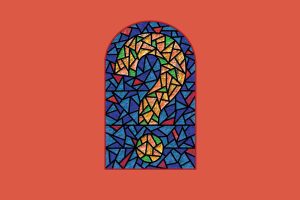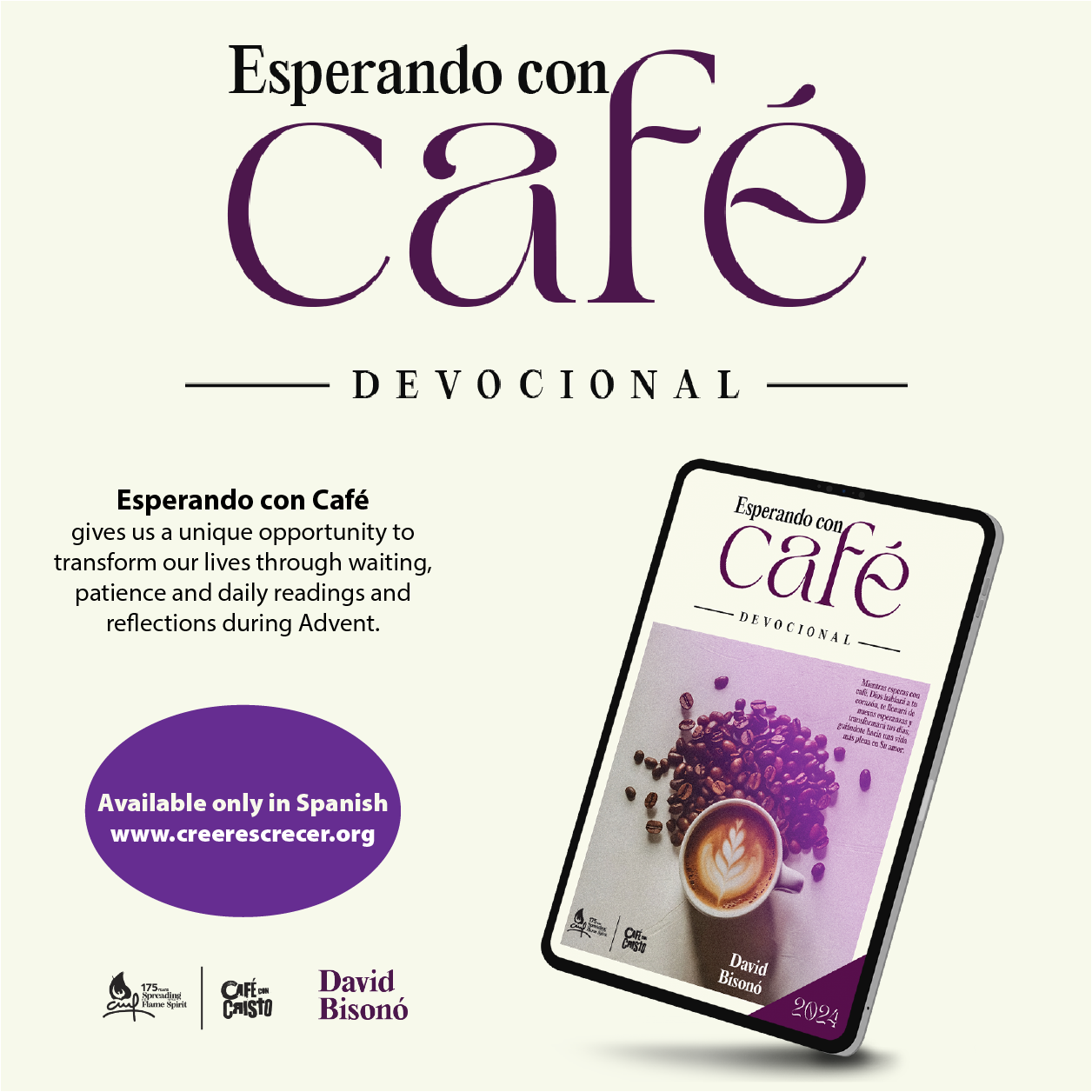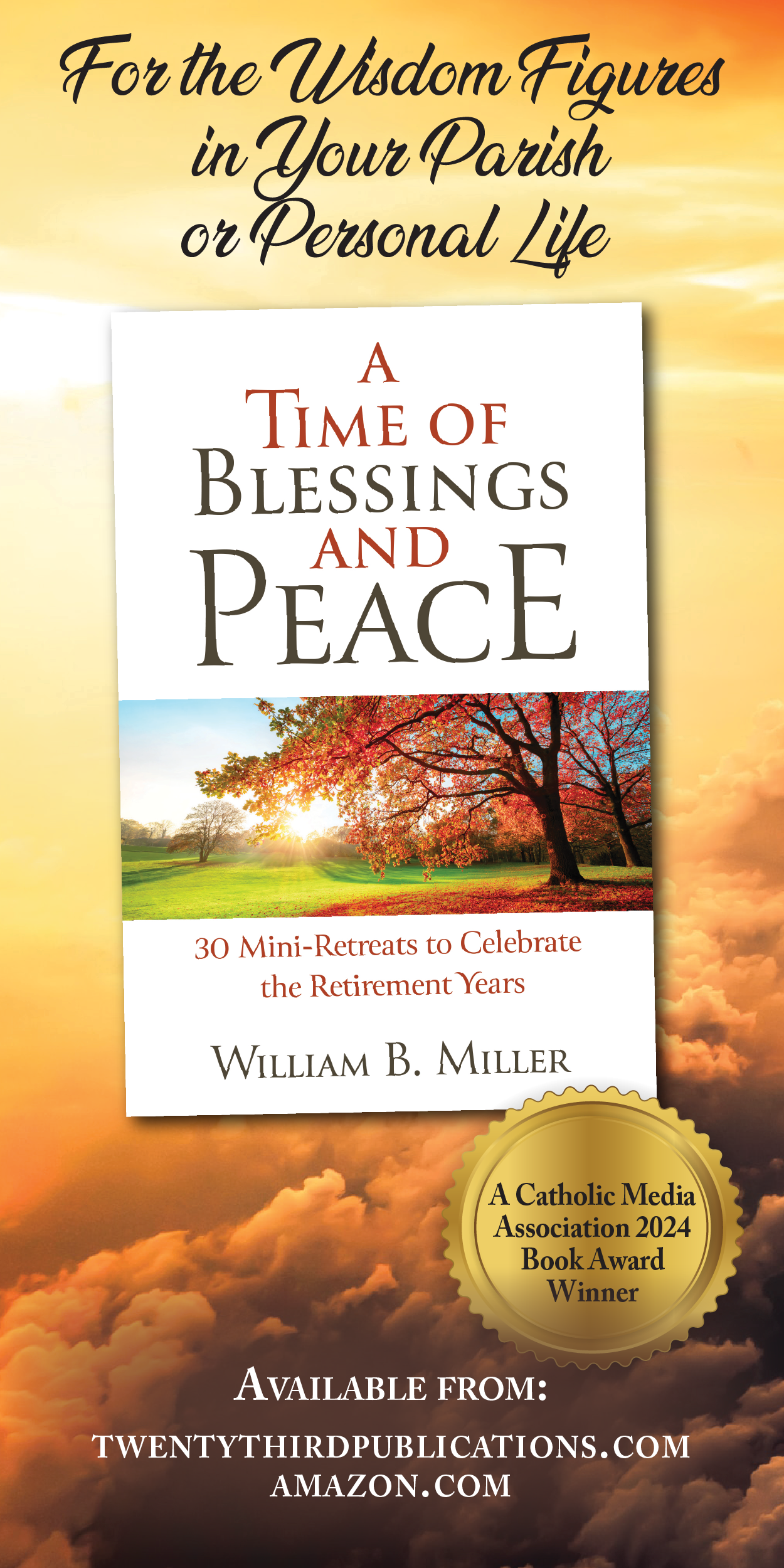I have a friend who is a permanent deacon. He’s a former Marine, and though he is wonderfully kind, he can also turn on his military face and voice to let you know when he means business. One Sunday at Mass, he preached a homily about prayer, particularly about praying for the poor. He had on his game face that day, and at the end of his homily he leaned in close to the microphone and said in a terrifyingly stern whisper, “I know you are all busy. But you can give 30 minutes of your God-given breath to pray for the poor.”
One of the major developments in Catholic social teaching in the 20th century has been the preferential option for the poor. The option for the poor is simply the idea that, as reflected in canon law, “The Christian faithful are also obliged to promote social justice and, mindful of the precept of the Lord, to assist the poor.” It indicates an obligation, on the part of those who would call themselves Christian, first and foremost to care for the poor and vulnerable.
The phrase “preferential option for the poor” was first used in 1968 by the superior general of the Jesuits, Father Pedro Arrupe, in a letter to his order. The term was later picked up by the Catholic bishops of Latin America. In its early usage, particularly, the option for the poor referred especially to a trend throughout biblical texts, where there is a demonstrable preference given to powerless individuals who live on the margins of society. The liberation theology movement fully embraced the concept, particularly when they closely associated the poor and vulnerable with Jesus himself, citing Matthew 25, “Whatever you did for the least of these, you did for me.”
The option for the poor didn’t remain in the liberation theology camp, however. In 1991, Pope John Paul II used the term, and elaborated on the concept in his encyclical Centesimus Annus. In that encyclical, which celebrated the 100-year anniversary of Pope Leo XIII’s encyclical Rerum Novarum (On Capital and Labor), John Paul II expanded the use of the “option for the poor” to include spiritual as well as material poverty. Pope Benedict XVI, who was rather famously antagonistic to liberation theology, embraced the option for the poor as a true Catholic obligation, and extended the understanding of the poor to include all those who are marginalized in society: widows, children, people with disabilities, and victims of oppression, among others.
In our contemporary political landscape, the option for the poor gets bandied about by people on all sides of the political spectrum. It is part of debates regarding welfare, food stamps, private charity, political advocacy, and more. At the end of the day, the preferential option for the poor does not tell us how we are to achieve it. It only lets us know that in our lives as Christians, we are called to give up some of our God-given breath to care for the poor.
This article appeared in the January 2015 issue of U.S. Catholic (Vol. 80, No. 1, page 46).
Image: Flickr photo cc by Steven Depolo












Add comment